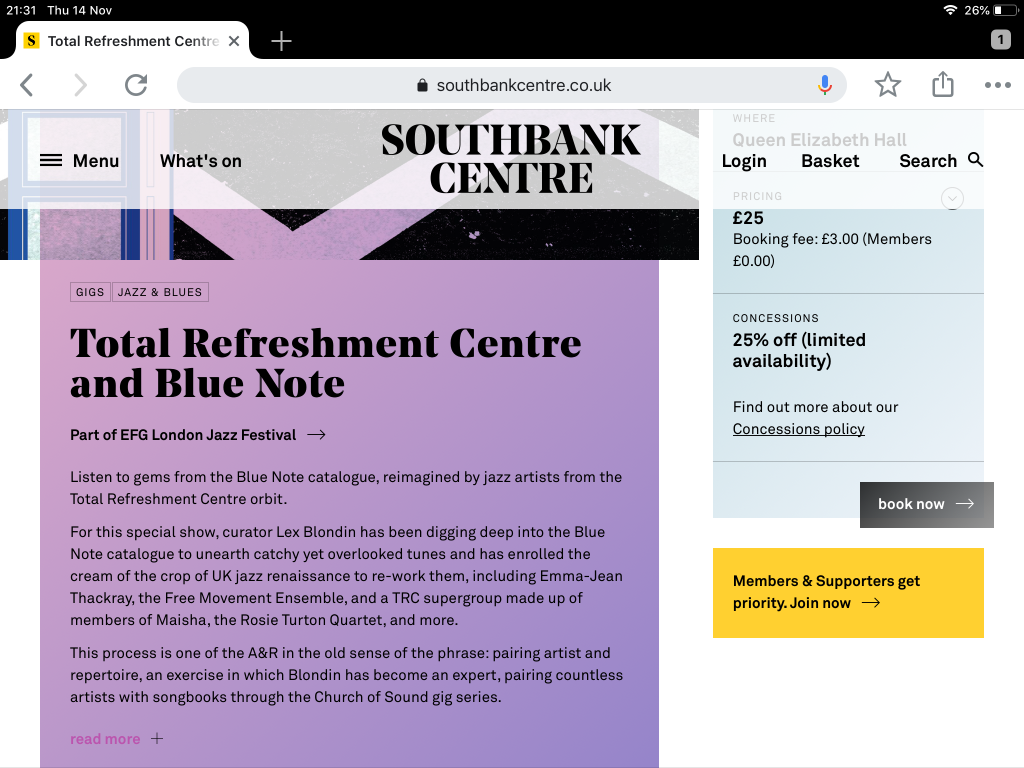I have nothing wise to say about the virus.
i have added this paragraph after the announcements today Wednesday that the schools are closing and the world is hunkering down. i have a slight sense of disappointment in myself as a person. now reviewing what i wrote earlier i am worried that i will be appear even more self indulgent than normal and people will go off me. however i have resolved not to pretend to be a more caring person than i am as that’s hypocritical. my worries about the virus are selfishly focused around my family and friends. i should worry about the community but i am ashamed to say that even if i do a bit, i don’t do anything about it, so clearly i don’t. i admit it – but does that make it any better
so…
I am (was) lying on my back on the settee. Vinnie is sinking into his bean bag next to me and snoring. The sun is annoyingly bright making me squint as I type this and my world feels a bit odd, strangely stretched, flowy rather than roady. This is my second day self isolating as the university sector fizzles out slowly, inexorably and chaotically.
We are being asked to teach from home but the students have moved on and given we are 2/3 through the trimester, are adopting the perfectly reasonable view that they don’t need any more teaching and can just get on with completing the assignments. In other words, ‘see ya for graduation in July.’ Still its going to be fun trying to figure out the best method of broadcasting by video with a large group of young people scattered all over the planet in different time zones with delays of a minimum of minute and a half to the video audio stream. Still fun – its like having your own TV station.
As George said, this year, 2020, will be the setting for the next generation of mcewanesque novels framed by natural or man made disasters – The heatwave in 1977 or was it 78, the twin towers and now corvid19. Apocalyptic novels and films like The Planet of the Apes used to be great entertainment now they are a bit too much like documentaries.
If I wasn’t anxious about the family and friends and sad for those that are going to really struggle I would actually be really enjoying this. I am very used to being stuck at home worrying about getting ill (one more illness doesn’t really make much difference) and trying to work virtually also I have a stack of half completed projects to get on with which i am really looking forward to.
I am naturally selfish so as yet I haven’t offered myself up to the community. Others have offered themselves to us, which is nice but makes us feel old and useless and more vulnerable. Community spirit doesn’t do it for me. Pillars of the community are often the same people who complain when a housing development encroaches on their view of an important copse or deliver the church magazine unapologetic about their justifiably rebellious dogs (tugging on their leads to escape the tedium of their owners) that frighten your cats, or don’t like the ice cream van man because he may be delivering drugs as well as 99’s (apparently he does btw).
Theoretically I am one of the vulnerables cos of my compromised immune system. Actually my consultant didn’t seem that concerned as my bloods are normal at present so I am not worried. If I am vulnerable then Nonna must qualify as whatever is more than vulnerable – sacrificial? Anyway she’s not bothered either. She has informed us that she washes her hands a lot so she’s got it sorted. Thanks to Maria’s heroic effort with the Italian consulate (a story in its own right, sadly we can never ever repeat it) at least she cant be deported as she now has an identity card. Mind you i don’t suppose Italy would want her just at the moment.
I haven’t posted for ages so this tells me that my posting behaviour is driven by the sort of spare time you don’t feel guilty about leaving spare. I am saving three hours of travel a day so my bass guitar has been dusted off to fill 20 minutes of those three hours. Isn’t being self-disciplined hard! I am a natural not doer and definitely not a practicer . Talking of not doing I have to be really careful to remember to walk further than from chair to toaster to tea pot to TV during the course of the day. Maria has me walking around the block about three times a week an activity I am ashamed to reveal as I vowed never to become the sort of old person that does exercise or even worse enjoys exercise or worse of all preaches about bloody exercise or worst of worst of all refers to it as good for their ‘well-being.’ Anyway no worries there I grump and groan all the way round particularly if we meet some tiresome individual who wants to chat – unless they have a dog – they are nearly all ‘something doodles’ round us, in which case I can occupy myself with the interesting fluffy species and ignore the species that actually thinks the weather, the virus, the parish council or recommendations for a really good book is anything other than an unwelcome delay in getting home and warm and fat and stationary.
There are compensations en route. Two Shetland ponies one of which eats your windcheater while the other one looks aghast at the stupidity of its friend, one white owl (barn i think) on the prowl at dusk who does a circuit of the same block as us but for a reason! and one otter – seen only once – who was swimming purposely down a stream that as far as we know is devoid of fish, so it may have got lost in the floods or enjoys a swim – perhaps it’s been told its good for its well being.
I have been quite busy at work up until now. Our subject area is one of the few that are expanding, (us – film and midwifery) – btw have you seen the hyper realistic dolls they use these days ? – strewth the one I saw (the class was clearing as I was setting up – it breathed!) and our staff team is small and spread over lots of students. I have been involved in one or two interesting outside projects the best one I am not yet allowed to talk about but if it happens I may be leaving my mark on the British seaside. I collaborated on an article about blogging about death to be given at a conference in Denmark (has to be a Scandy country doesn’t it) cancelled due to risk of death from virus – tee hee. I have designed my ultimate secret-fortune-making app which I may well have time to launch during the next few months if I can figure how to build it. The telephone box moves ahead glacially, not through lack of effort but lack of technical skill but I hope to launch it with performances from October 31st. I wrote two stories for the Mogford Prize but submitted only one. It about a fat granny who eats too many sweets and then mistakes the contents of Lush as sweets and eats them as well – with truly ‘hilarious’ results (not). It will definitely win the ten grand. I have made some fun stuff with the students – an app to make a friend (literally from PlahDoh) and an alternative game interface using plastic flowers and scissors. I am lucky – work is fun a lot of the time.
Other news – I had one counselling session to address some of my absurd anxieties about the risk of my loved one being abducted by aliens. My strongly opinionated doctor recommended it when I went in begging for drugs. The councillor was exactly what I expected. In her 50’s I guess, intelligent, pleasant, reasonably open although I would not have like to push too hard on that door – could have been slammed in my face, took the session seriously all the time, which was probably right but my jokes bombed which was dispiriting. It was great talking uninterrupted about myself for an hour. Bit like this post. I really enjoyed it, but benefit came there none. I didn’t feel anything. Ok I hadn’t soiled myself as can happen when I am allowed free reign to impro but talking is easy for me, too easy some would say, I am lucky, I have loads of willing listeners so I had no big revelation to uncover. No I wasn’t a miserable child, my relationship with my parents, pets, friends, partner, kids is fine. I am not worried about being ill about being dead or any sensible worry even viruses – I am very happy with my life but I fret about ridiculous things, all crazily vivid imagination born but with a strong hint of fable or film – the abduction by aliens thing is actually more or less true – I worry that Maria has vanished into the wood like and Gretel or Little Red Riding Hood when ever she goes chogging (getting sticks) – perhaps she just needs to stop doing things that remind me of fairy tales or perhaps she just needs to stay still and safe forever hands resting on thighs like my beloved Gilbert and George – so you see I would like to turn that particular imaginative obsessive stupid switch to sensible. The councillor pretty much sacked me before I sacked myself. I think she might have been bored. It seems I am totally sane or at least no less sane than the average, which is a slight disappointment. It seems I just need to put up with it – being sane I mean – so I will.
Love to all


